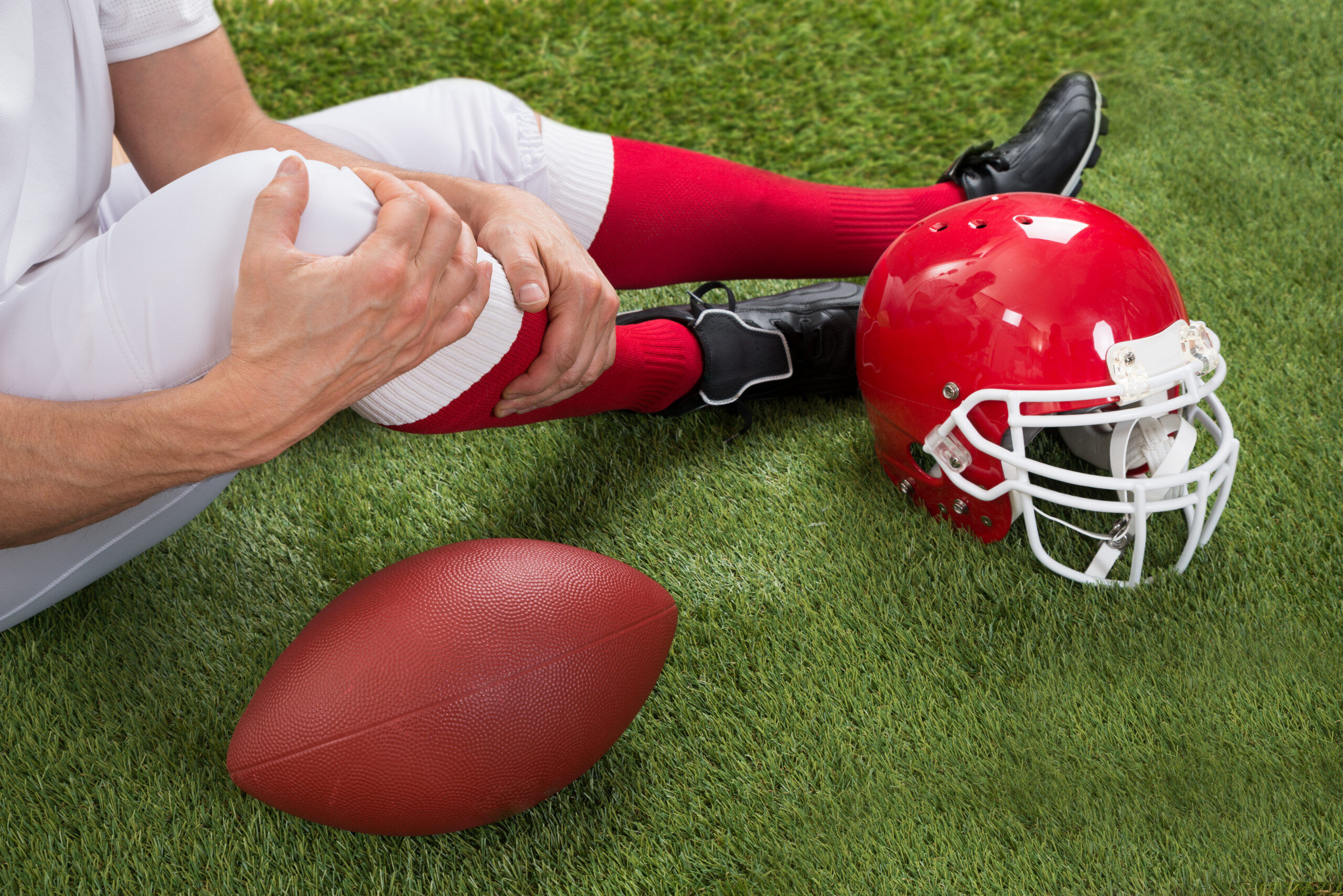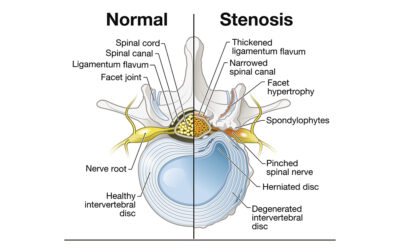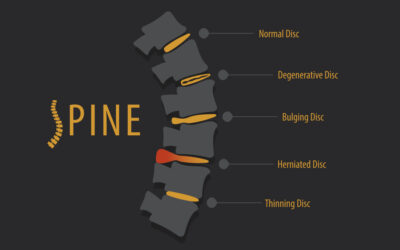Athletes in high impact sports or sports that require a lot of running and jumping are prone to knee injuries. kneecap dislocations most often happen as a result of trauma, such as when a football player is tackled, or a soccer players falls hard on his knees.
The kneecap, or patella, is referred to as dislocated when it slips out of the groove in the femur (thigh bone) that is naturally sits in. Some patients recover from a dislocation and never experience the condition again. For other patients, however, the patella will chronically dislocate until it is repaired through surgery.
You’ll know you’ve dislocated your knee cap if you feel these symptoms following an incident:
- Severe pain at the knee
- Redness and swelling
- Deformity
- Difficulty moving the knee at all
While many patients can overcome a patellar dislocation with a physical therapy regimen, severe cases will require surgery.
If the surrounding cartilage and bone are not severely damaged, five to six weeks of rehabilitation should be sufficient. This includes strengthening exercises designed to rebuild the muscles surrounding the patella, which also will in-turn restore the range of motion that should be enough to recover from the injury.
If surgery is required, an orthopedic knee specialist will reset the kneecap and perform a short arthroscopic procedure to remove any dislodged pieces of bone, and smooth down any damaged cartilage. As with most sports injuries, surgery will also require 6 to 8 weeks of rehabilitation for proper healing.
Dr. Main and Dr. Pick-Jacobs treat athletes with mild to severe patella issues routinely. Dr. Main is an expert in arthroscopic surgery to repair the knee following even the most severe cases of kneecap dislocation.



